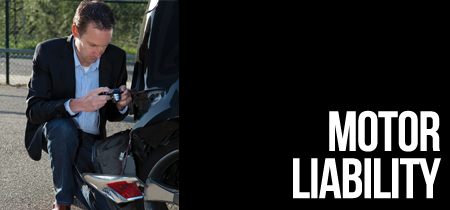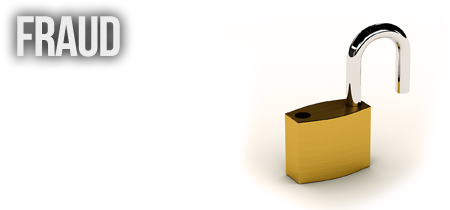Good news for those defending equestrian claims
The circumstances surrounding equestrian accidents can lead to personal injury claims and the recent case of Bodey v Hall examined in detail key elements of the Animals Act 1971 in considering the Claimant’s case.
The Claimant (who was not wearing a riding hat) was a passenger in a trap that was being driven by the defendant and pulled by the defendant’s horse. The horse had been startled by an unknown stimulus leading to the trap tilting and the Claimant being thrown from it and sustaining serious head injuries.
The Claimant brought the case under section 2 of the Animals Act relating to strict liability: “Where damage is caused by an animal which does not belong to a dangerous species, a keeper of the animal is liable for the damage, except as otherwise provided by this Act, if:
(2a) the damage is of a kind which the animal, unless restrained, was likely to cause or which, if caused by the animal, was likely to be severe; and.
(2b) the likelihood of the damage or of its being severe was due to characteristics of the animal which are not normally found in animals of the same species or are not normally so found except at particular times or in particular circumstances; and.
(2c) those characteristics were known to that keeper…”
However, the defence argued that Section 5 of Act applied in this case i.e. that the Claimant, being an experienced horsewoman, was familiar with the unpredictable behaviour of horses and the likely reaction of a horse if it was startled and therefore voluntarily accepted the risk of injury when going out in the trap.
The judgement in this case is good news for those defending equestrian claims, as it highlights the increasing view that those who participate in equestrian activities and in particular, those who are experienced with horses, know the risks and therefore voluntary accept them by taking part.
« back








